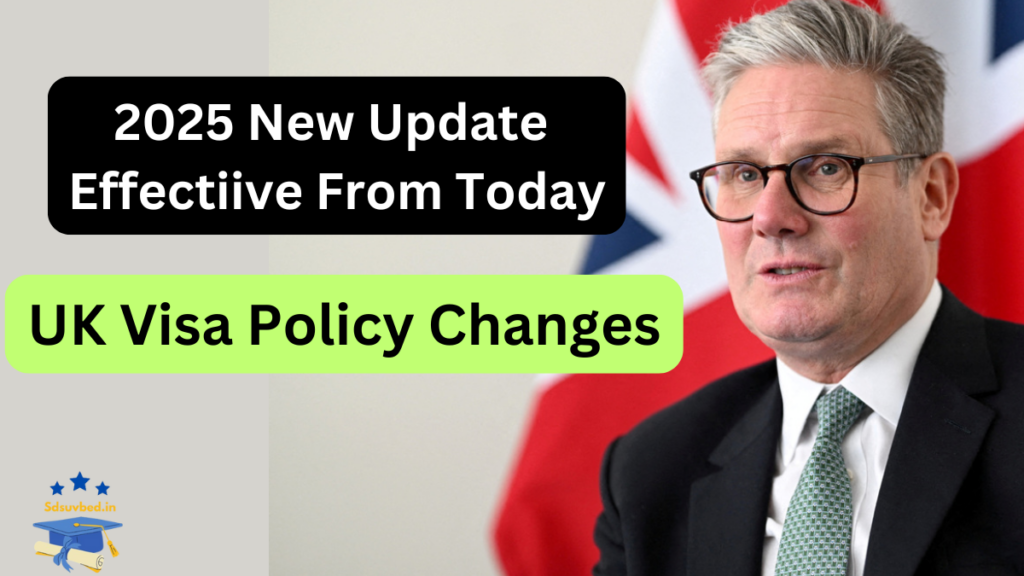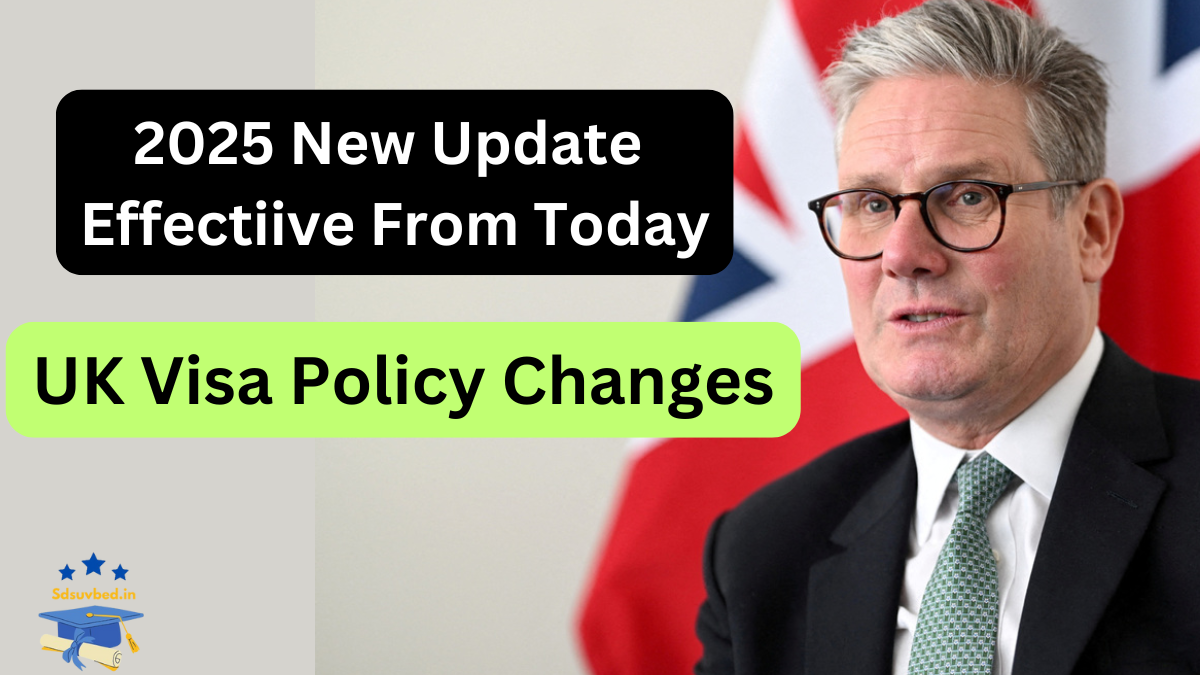The UK government has introduced the latest updates to its visa policies, set to take effect from February 1, 2025. These changes primarily impact students, workers, tourists, and family applicants, with a particular focus on increasing the financial thresholds required for visa approval. While officials argue that these adjustments aim to ensure applicants can support themselves without relying on public funds, concerns have emerged about accessibility and affordability.
Additionally, an Electronic Travel Authorization (ETA) system will be introduced for visa-exempt travelers from selected European countries. Starting March 5, 2025, eligible travelers can apply for an ETA, which will be a mandatory requirement for entry beginning April 2, 2025. This new system has raised concerns regarding its impact on business travelers and short-term visitors.
At present, no official confirmation has been made regarding any potential reversals or modifications to these policies. However, ongoing feedback from stakeholders, as well as universities and employers, suggests that adjustments may be possible in the coming months.

Updated Financial Requirements for UK Visas (From February 2025 Onwards)
1. Student Visas: Increased Funds For Maintenance
International students applying for a UK visa will now need to demonstrate higher financial stability:
- Outside London: Minimum living expenses requirement increased to £12,000 per year (previously £9,207).
- Within London: Increased to £15,000 per year (previously £12,006).
This adjustment reflects the rising cost of living but has raised concerns about affordability for many prospective students.
2. Skilled Worker Visas: Higher Salary Thresholds
The UK has significantly raised the salary requirement for skilled workers:
- The new minimum salary requirement is £38,700 per year (previously £26,500).
- Certain sectors, such as healthcare and education, may qualify for exemptions.
While these changes aim to ensure fair wages, they could make it harder for mid-level professionals to secure work opportunities in the UK.
3. Family Visas: Increased Sponsorship Income Requirement
Families wishing to reunite in the UK now face stricter financial requirements:
- The minimum income threshold for a UK citizen or resident sponsoring a spouse or dependent: £29,000 (previously £18,600).
- Further increases are expected, potentially reaching £38,700 by 2026.
These adjustments have sparked debates on the feasibility of family reunification under more stringent financial conditions.
4. Tourist Visas: Higher Proof of Funds
While tourists are not subjected to fixed financial thresholds, applicants must now provide stronger proof of funds:
- Expected minimum range: £1,500 – £2,500 per visit (to cover transport, accommodation, and personal expenses).
- Reports suggest longer processing times and additional document verification may become more common.
Also Read: ₹7,500 Per Month EPFO Pension Hike 2025 – Big Announcement Expected in Union Budget!
Concerns and Reactions from UK Visa Applicants
1. Students Seeking Alternative Destinations
With universities expressing concerns about a potential decline in international enrollments, students are exploring alternative study destinations such as:
- Canada
- Australia
- Germany
- Czech Republic
- China
2. Skilled Workers Facing New Challenges
The increased salary threshold could discourage skilled professionals from applying. Smaller businesses and startups may also struggle to attract international talent due to the financial burden of meeting these requirements.
3. Family Applicants Struggling with Higher Costs
Higher-income thresholds have made family reunification more difficult, particularly for lower-income UK residents. Critics argue that these changes disproportionately impact families who may already face financial challenges.
Public Response and Future Outlook
The new visa rules have received mixed reactions. While supporters argue that these measures promote economic sustainability, opponents highlight their potential to create financial and emotional hardships for applicants. Universities, businesses, and advocacy groups continue to push for reconsideration, especially regarding student and family visa requirements.
As of now, there is no official confirmation regarding any reversals or modifications. However, applicants should stay updated, plan their finances accordingly, and explore potential scholarship or employer sponsorship options.
What’s Next?
The UK’s immigration policies are evolving, and further refinements may emerge in the coming months. In the meantime, applicants are encouraged to:
- Review the new financial requirements thoroughly.
- Plan ahead to meet the increased thresholds.
- Seek professional advice if uncertain about eligibility.
Also Read: Over 7,000 Indian Students Overstayed in the US – What’s Next?
Frequently Asked Questions (FAQs)
1. Will these financial requirements apply to all visa categories?
No, these changes primarily affect students, skilled workers, families, and tourist visas. Some visa categories, such as humanitarian or asylum applications, have different requirements.
2. Are there any exemptions for the higher salary threshold for skilled workers?
Yes, certain sectors experiencing labor shortages, such as healthcare and education, may receive exemptions or lower salary requirements.
3. Can students apply for scholarships to meet the financial requirements?
Yes, many universities offer scholarships, grants, and financial aid to international students, which can help offset the increased living cost requirements.
4. Will the UK government reconsider these changes?
At present, there are no confirmed plans to reverse these policies. However, due to widespread concerns, adjustments in specific categories may be considered in the future.
These changes represent a significant shift in the UK’s immigration policies, impacting thousands of potential applicants. Staying informed and preparing accordingly will be crucial for anyone planning to apply for a UK visa in 2025 and beyond.
Click here to learn more
Pari is a passionate writer known for captivating stories that blend imagination and reality. Inspired by travel, history, and everyday moments, Pari crafts narratives that resonate deeply with readers.

